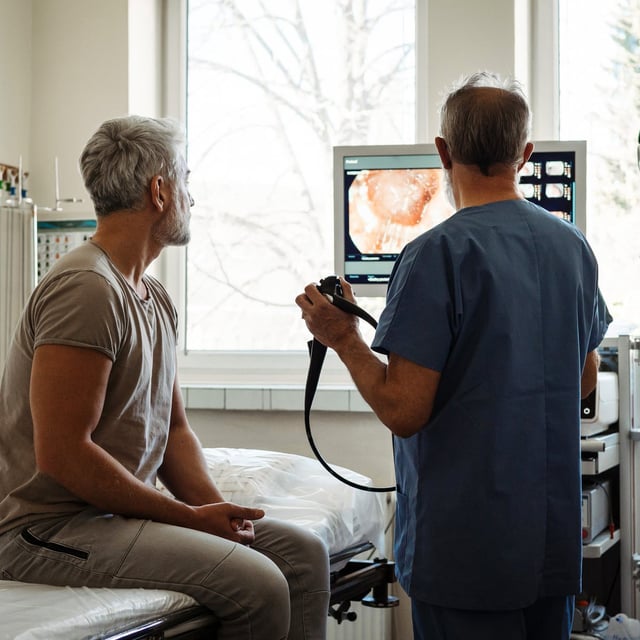Overview
- People born in the 1980s face about twice the lifetime risk of colorectal cancer and those born in the 1990s about three times the risk compared with earlier generations
- U.S. guidelines lowered average-risk screening to age 45 in 2021 but fewer than 20% of 45- to 49-year-olds complete recommended tests versus 72% of those aged 50 to 75
- Trials show that unsolicited mailing of fecal immunochemical tests significantly boosts screening uptake among newly eligible younger adults compared with opt-in outreach
- Clinicians and advocacy groups highlight key warning signs—changes in bowel habits, blood in the stool, persistent abdominal discomfort and unexplained weight loss—to prompt timely diagnostic follow-up
- While colonoscopy remains the definitive screening method with polyp removal capability, its preparation demands and rare risks such as bowel perforation continue to deter many under-50s


